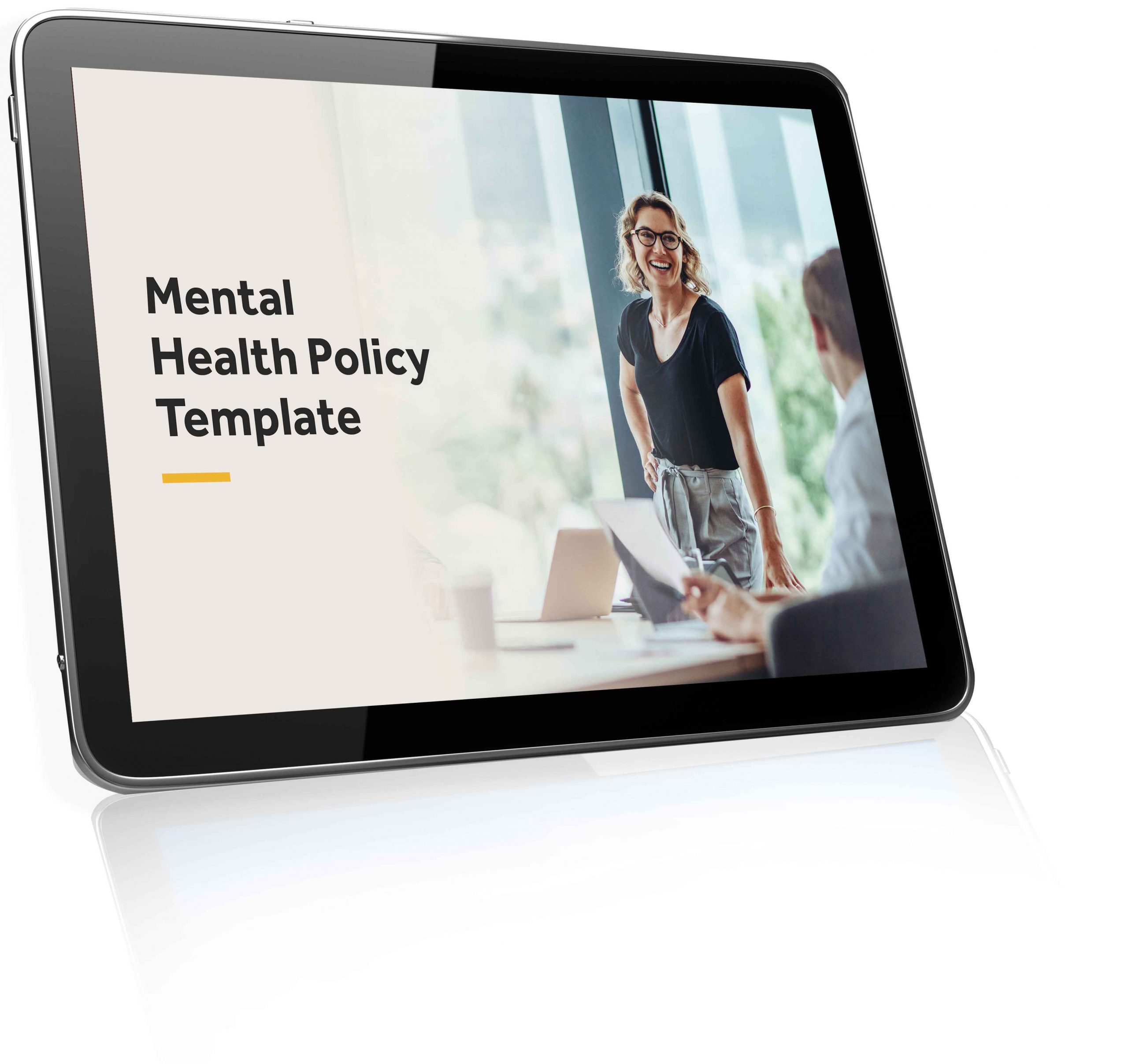
Hybrid work is the new norm, and it’s clearly here to stay. While working from home offers many perks, such as increased flexibility and reduced commuting time, it can also give rise to some pretty hairy and scary challenges, including an increased risk of burnout.
Burnout is a state of emotional, physical, and mental exhaustion caused by prolonged or excessive stress. It can lead to a variety of symptoms, including fatigue, difficulty concentrating, irritability, and decreased productivity.
As an employer, you should do everything possible to help your staff avoid burnout. However, it’s important to acknowledge you’ll have less opportunity to make a positive impact when your employees aren’t in the workplace. If you want to preserve their physical, mental and emotional well-being, you’ll have to implement special measures.
Let’s explore what you can do to ensure the chances of your hybrid workers becoming burnt out are remote.
What causes burnout?
Before you can take steps to prevent employee burnout, you’ll need to swot up on what leads to it in the first place. There are multiple factors that can contribute to hybrid work burnout, including:
Lack of boundaries: When work and personal life become blended, it can be difficult to switch off from work and relax. This can lead to overwork and burnout.
Isolation: On day one, an employee will find working from home to be a liberating experience. By day ten, they may be engaged in conversation with a table lamp. Hybrid workers tend to be more isolated from their colleagues, which can lead to feelings of loneliness and disconnection.
Increased workload: Hybrid workers may feel pressured to work harder and for longer, using high levels of productivity to justify their hybrid work arrangement.
Always available: Hybrid workers may feel pressure to be available at all times, even outside of regular work hours. The same tech that facilitates hybrid work – smart phones, laptops, etc – can also make it difficult, literally and metaphorically, to “switch off”.
What should you do?
When it comes to your remote workers, out of sight does not mean out of mind. Employers can play a pivotal role in preventing burnout in their hybrid workforce:
Trust your employees: As much as possible, give your employees the freedom to decide when and where they work. This will help them to create a work schedule that works for them and reduces the likelihood of burnout.
Set clear expectations: Communicate clear expectations to your employees about their workloads, availability, and responsiveness. This will help to avoid unrealistic expectations and an unhealthy work-life balance.
Provide resources and support: Offer your employees resources and support needed to manage their stress and lifestyle. This could include information about employee assistance programs, mental health resources, and practical wellness tips.
Encourage collaboration: Create opportunities for hybrid workers to collaborate with the rest of their team. If possible, hold these meet ups in person.

Are you protecting your staff’s mental health?
Employers have an obligation to provide a mentally healthy workplace for all their staff.
A comprehensive and responsive Mental Health Policy can help you identify and reduce mental health risks and protect your staff. Unsure how to create one? Download our FREE Mental Health Policy Template now.
What should you encourage hybrid workers to do?
Here are some simple but effective tips and tricks hybrid workers to follow to keep burnout at bay:
Establish clear boundaries: It’s important to set boundaries between work and personal life. Try to create a dedicated workspace and stick to regular work hours. Avoid checking work emails and messages during down time unless absolutely necessary. Crucially, say no to unrealistic requests from other stakeholders and negotiate alternative solutions.
Stay connected: Schedule regular video calls or in-person meetings with your teammates and managers. Make an effort to attend any in-person company events. This will help to reduce feelings of isolation and keep the dreaded Zoom gloom at bay!
Take breaks: It’s important to take breaks throughout the day, even if it’s just for a few minutes. Get up and move around, or step outside for some sun and fresh air.
Take care of yourself: Make sure to get enough sleep, eat healthy foods, and exercise regularly. Do something every day that helps you to de-stress. This could be reading, listening to music, spending time with loved ones, or exercising. Taking care of your physical and mental health is the key to avoiding burnout.
Reach out for help: If you’re experiencing symptoms of burnout, don’t suffer in silence – reach out for help. Talk to your manager, a trusted colleague, or a mental health professional. Remember – help is always a conversation away.
Prevention is the best cure
Hybrid work can be a great way to improve employee satisfaction and boost productivity. However, it’s important for employers to be aware of how hybrid work amplifies the risks of burnout and then take preventative measures.
McKinsey reports that a whopping 49% of employees in today’s workforce have experienced burnout. Crucially, workers are three times more likely to suffer burnout if their employer hasn’t taken active steps to prevent it. This means burned out employees tend to have one thing in common – leaders who haven’t addressed the risks inherent to their work.
Burnout is a serious condition, but it is treatable. With the right support, an employee can recover and thrive in a hybrid work environment again. However, prevention is always the best cure. If you follow the advice above, your workers are more likely to avoid hybrid work burnout and “go the distance” in their remote roles.
At Employsure we pride ourselves on supporting businesses and the people running them. Our trained experts are on hand 24/7 to help you understand your health and safety obligations and can provide tailored policies.
Call our FREE Advice Line on 0800 115 047 to find out how we can help you make your workplace happier, healthier and more productive.
